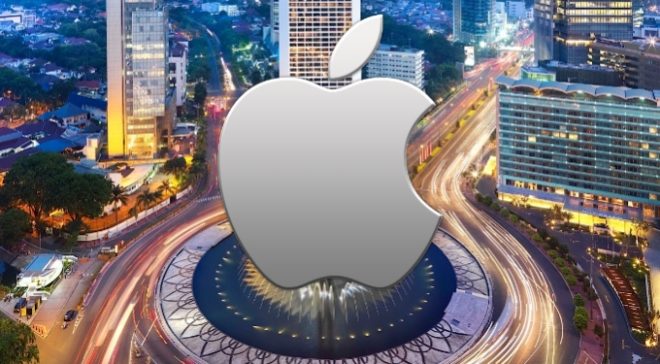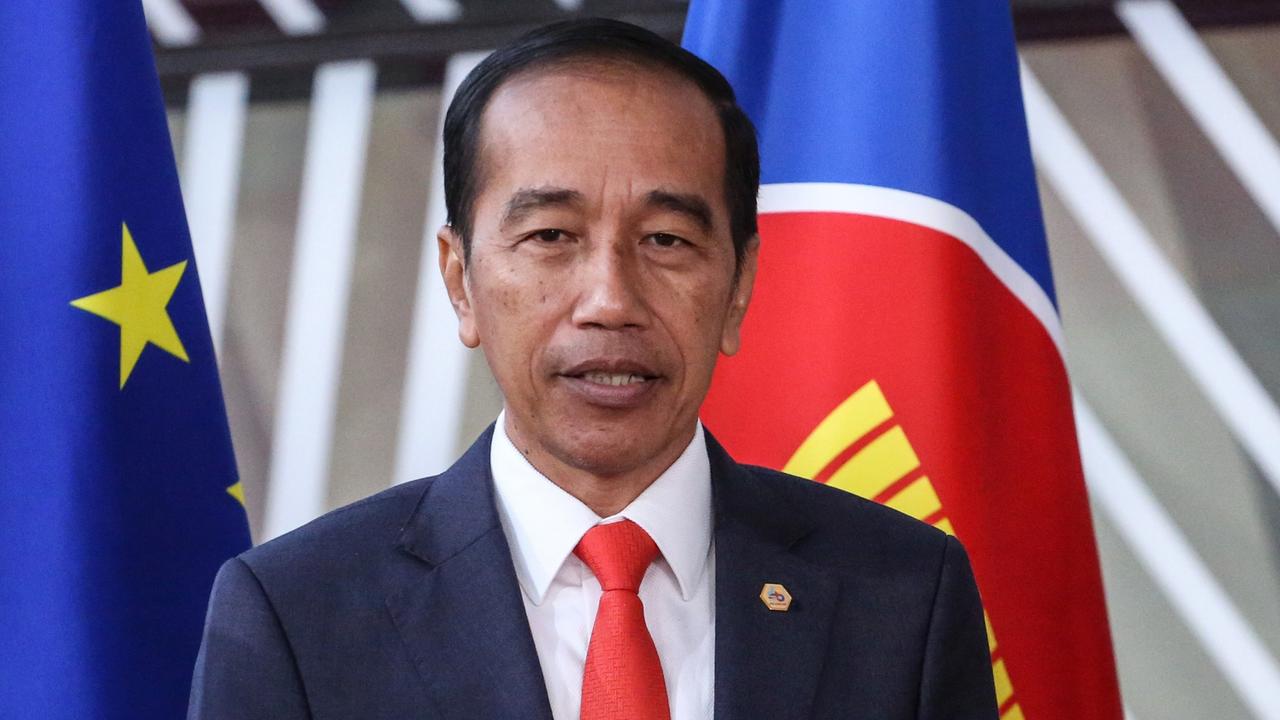Indonesia Rejects Apple’s $100 Million Investment Offer and Extends iPhone Ban
Indonesia, the world’s fourth most populous nation and Southeast Asia’s largest economy, has made headlines by rejecting a $100 million investment offer from Apple Inc. and choosing to extend its ban on iPhone sales. This decision, laden with political, economic, and technological implications, underscores the complex dynamics between global tech giants and emerging markets. The move not only disrupts Apple’s Southeast Asian strategy but also sheds light on Indonesia’s aspirations to assert its technological sovereignty.
In recent years, Indonesia has emerged as a critical player in the global tech ecosystem. With a rapidly growing middle class, increasing internet penetration, and a burgeoning startup scene, the country represents a lucrative market for global technology companies. However, Indonesia’s government has been steadfast in ensuring that foreign investments align with its national priorities, particularly in terms of technology transfer, local manufacturing, and economic inclusivity.
Indonesia’s digital economy is projected to reach $130 billion by 2025, according to Google, Temasek, and Bain & Company. The government’s push for digital inclusion and local empowerment has led to policies that emphasize local production and data sovereignty. These policies have sometimes put the government at odds with global tech giants, as seen in its recent stand-off with Apple.

Apple’s $100 Million Offer: A Strategic Move
Apple’s $100 million investment proposal was part of its strategy to expand its footprint in Southeast Asia. The offer included plans to establish an assembly plant, enhance supply chain operations, and invest in local talent development. Such a move was expected to help Apple comply with Indonesia’s stringent local sourcing requirements and pave the way for iPhone sales in the country.
However, critics argue that the offer was insufficient compared to Apple’s investments in other markets. For instance, Apple has committed billions of dollars to manufacturing hubs in India and China. The $100 million proposal, while significant, appeared modest given Indonesia’s market potential and strategic importance.
Why Indonesia Rejected Apple’s Offer
The rejection of Apple’s investment is rooted in several key factors:
1. Stringent Local Content Requirements
Indonesia’s government has implemented a regulation mandating that smartphones sold in the country must meet a 35% local content requirement. This can be achieved through local manufacturing, software development, or investment in local supply chains. Apple’s proposed $100 million investment reportedly fell short of meeting this threshold, prompting the government to reject the offer.
2. Emphasis on Long-Term Commitments
Officials in Jakarta have emphasized the need for long-term commitments from foreign investors. The government seeks not only financial investments but also technology transfer, job creation, and capacity building for local industries. Apple’s proposal, while promising, was perceived as a short-term solution rather than a transformative partnership.
3. Balancing Domestic and Foreign Interests
Indonesia’s rejection of Apple’s offer reflects a broader effort to balance domestic and foreign interests. By prioritizing local players and ensuring foreign investments align with national goals, Indonesia aims to foster a self-reliant digital ecosystem. This approach has earned praise from proponents of economic nationalism but has also raised concerns about its impact on foreign investment.
The Extended iPhone Ban: Implications and Reactions
The decision to extend the iPhone sales ban has sparked widespread debate. On one hand, it underscores Indonesia’s resolve to uphold its policies. On the other hand, it risks alienating consumers and creating a vacuum in the premium smartphone segment.
Impact on Apple
The extended ban is a significant setback for Apple, which has been striving to capture a larger share of Southeast Asia’s growing smartphone market. With Indonesia accounting for a substantial portion of regional sales, the inability to sell iPhones in the country could hinder Apple’s growth prospects. Moreover, the move may prompt Apple to reconsider its investment strategy in the region.
Consumer Backlash
The ban has also drawn criticism from Indonesian consumers, many of whom view iPhones as a symbol of status and technological advancement. The absence of iPhones in the market could drive consumers to purchase devices through unofficial channels, potentially fueling the gray market.
Competitors’ Advantage
Rival smartphone manufacturers, such as Samsung, Xiaomi, and Oppo, stand to benefit from Apple’s exclusion. These companies have already established local production facilities to comply with Indonesia’s regulations, giving them a competitive edge.

Broader Implications for Global Tech Giants
Indonesia’s stance serves as a cautionary tale for other global tech giants seeking to enter the market. Companies must navigate a complex regulatory landscape and demonstrate a genuine commitment to local development.
1. Rethinking Investment Strategies
The rejection of Apple’s offer highlights the need for foreign companies to align their investment strategies with Indonesia’s national priorities. This includes not only meeting local content requirements but also contributing to broader socioeconomic goals.
2. Strengthening Local Partnerships
Collaborating with local businesses and stakeholders is crucial for navigating Indonesia’s regulatory environment. By forging strong partnerships, foreign companies can build trust and ensure their investments have a meaningful impact.
3. Adapting to Regional Dynamics
Indonesia’s approach reflects a broader trend in Southeast Asia, where governments are increasingly asserting their interests in the digital economy. Foreign companies must adapt to these dynamics to succeed in the region.
Indonesia’s Vision for Technological Sovereignty
Indonesia’s rejection of Apple’s investment and the extended iPhone ban are part of a larger vision to achieve technological sovereignty. The government aims to reduce dependency on foreign technology, foster local innovation, and create a self-sufficient digital ecosystem.
1. Developing Local Industries
By prioritizing local content requirements, Indonesia seeks to nurture domestic industries and create jobs. This includes not only smartphone manufacturing but also software development, hardware assembly, and other related sectors.
2. Enhancing Digital Skills
Investing in digital skills and education is a key component of Indonesia’s strategy. By building a skilled workforce, the country aims to attract high-quality investments and drive innovation.
3. Promoting Data Sovereignty
Indonesia has also introduced regulations to ensure that data generated within its borders is stored and processed locally. This aligns with the government’s broader goal of asserting control over its digital infrastructure.
Conclusion
Indonesia’s decision to reject Apple’s $100 million investment offer and extend the iPhone ban underscores the country’s commitment to technological sovereignty and economic inclusivity. While the move has sparked debate, it highlights the challenges and opportunities for global tech giants seeking to navigate emerging markets. As Indonesia continues its digital transformation journey, the government’s policies will play a pivotal role in shaping the country’s technological landscape. For Apple and other foreign companies, the message is clear: adapt to local priorities or risk being left behind.











